We're There Each Step of The Way
Whether starting your first home purchase or financing your next investment property our Park Place team is with you throughout each step of the process.
We're with you throughout the journey

1. Get Started
Figure out how much you can put down on a home, plus what mortgage payment fits your budget.

2. Prequalify for Your Loan
Your lender will be able to pinpoint a loan amount for which you qualify. This pre-approval will save you a lot of time since you will be able to focus exclusively on houses in your price range.

3. Find the Right Fit
You may have already started shopping online via real estate portals like Zillow or Trulia. At this stage, it’s a good idea to start working with a buyer's agent and viewing homes.

4. Make an Offer
When you’ve visited properties with your agent and picked out the home you want, it’s time to make an offer. Your real estate agent will know the ins-and-outs of how to structure it.

5. Close Your Loan
The closing is the moment for which you’ve been waiting. It’s time to sign a bunch of documents and complete your purchase or refinance. Some docs seal the deal between you and the lender. Other docs seal the deal between you and the seller (if it’s a purchase transaction). Congrats on closing!
Buyers
Beginning with pre-approval, we will guide you through each step of the loan process, assisting in the application, relaying information quickly and clearly and ensuring your complete confidence, resulting in a hassle free closing.
- 1-4 family homes
- Second homes/vacation homes
- Investment properties
-
Co-ops, condos and condops
- PUDs
-
Mixed-use properties
Begin Your Application

How to Evaluate Your Financial Situation Before Buying a House
- Do you have a stable income/job?
- Are you able to put away some money each month into a savings account?
- Do you have a plan for managing debt, like student loans and car payments?
-
Do you typically pay your credit card debt quickly?
-
Do you have some money already saved up for emergencies?
-
Do you have some money saved up for a down payment and closing costs?
Frequently Asked Questions
How Much Home Can You Afford to Buy?
- Debt-to-income ratio
-
Credit history and credit score
- Employment history
-
Savings
-
Down payment
What to Know About Mortgage Down Payments
How much should you put down on your new home? The answer can vary depending on the person or people involved.
Yes, there are benefits to putting down 20% of a home’s final purchase price, including borrowing less, a lower monthly payment, and no mortgage insurance. However, saving enough to put down, say, $50,000 on a $250,000 home is no easy task. With that in mind, it’s not surprising that the average down payment is just 6% for first-time homebuyers and 14% for repeat buyers.
What Is an Adjustable Rate Mortgage?
Fixed-rate mortgages are easy to understand. Your interest rate and monthly payment stay the same throughout the life of your loan. Adjustable-rate mortgages (ARMs) are different.
ARMs have interest rates that adjust over time. Typically, the starting rate remains fixed for a set number of years, such as three, five, or even as much as 10 years. After that fixed period ends, the rate changes periodically, typically on an annual basis.
What are Federal Housing Administration (FHA) Home Loans?
Insured by the FHA, these loans offer low down payment requirements and flexible qualifying guidelines for borrowers with less-than-perfect credit.
What are Jumbo loans?
Jumbo loans are mortgages that exceed the conventional loan limit. This simply means that you'll need a jumbo mortgage if your loan amount is between $484,351 and $3 million.
What are the benefits of shorter and longer loan terms?
Benefits of a Longer Term
A longer term can help keep your monthly payments lower, freeing up cash for home improvement projects or building your savings.
Benefits of a Shorter Term
A shorter term means you'll pay off your mortgage sooner, pay less in interest and can build equity in your home faster
What Are Closing Costs?
Closing costs, also known as settlement fees, are required by the lender to finalize a mortgage. This refers to the fees involved in administering the mortgage loan after it has been funded. There are a number of costs that you may be responsible for when completing the process of purchasing or refinancing your home. Most of these fees are passed onto the borrower, but sellers will pay a other fees such as the real estate agent’s commission.
What is cash to close?
The cash-to-close amount is the total of the down payment, closing costs, taxes, homeowner's insurance and any additional fees that need to be paid when it comes time to officially close on the house. Sometimes this amount is rolled into one big check but mostly because these amounts tend to vary there are usually two separate deposits: a large deposit or wire transfer into an account that is opened for escrow (EMD) and then a certificate of funds for the fees directly made payable to the title company.
How can I get a cost estimate of my loan?
Once you’ve been pre-approved, you can request what is known as a Loan Estimate. This will give you an idea of the interest rate, monthly payment and closing costs due when actually securing a mortgage through Park Place Mortgage.
Additionally, you’ll get an idea of the sum that may be due for taxes and insurance as well.
What Our Clients Say
Don't rely on our words. Get to know us from those who we work the hardest to impress - our clients.

Large Call to Action Headline
- Stacey M.

Large Call to Action Headline
- Stacey M.

Large Call to Action Headline
- Stacey M.



